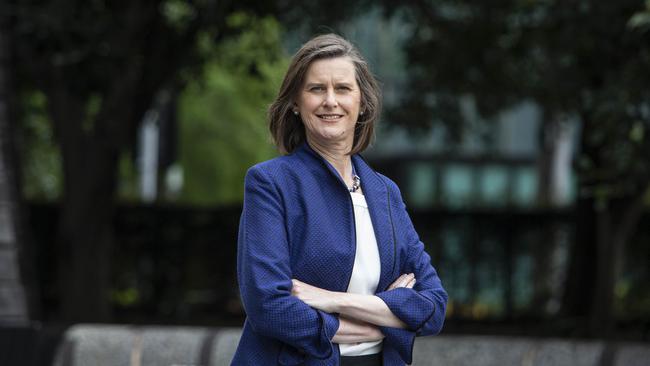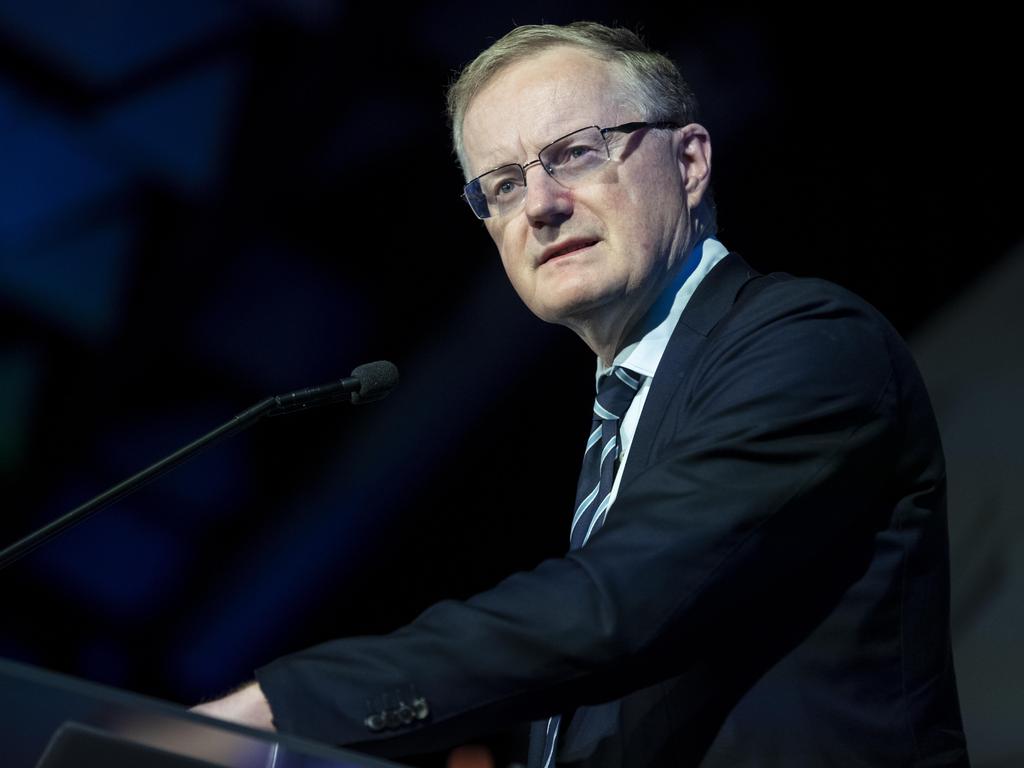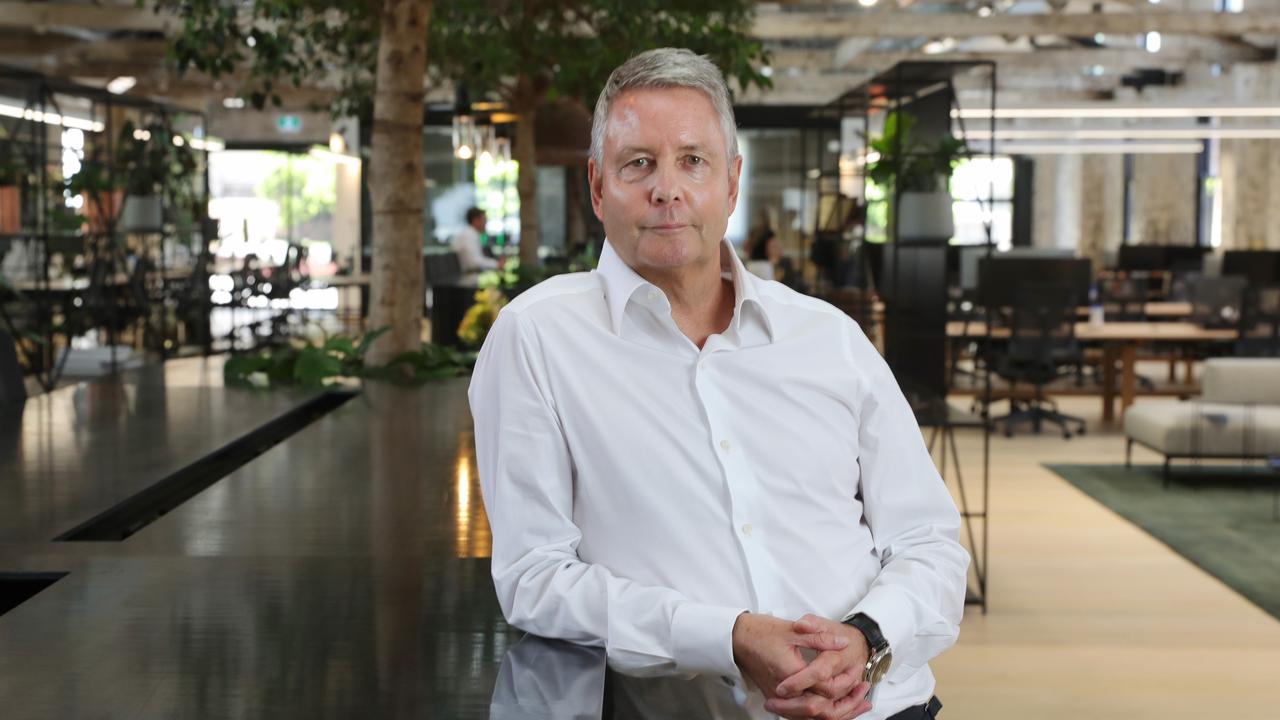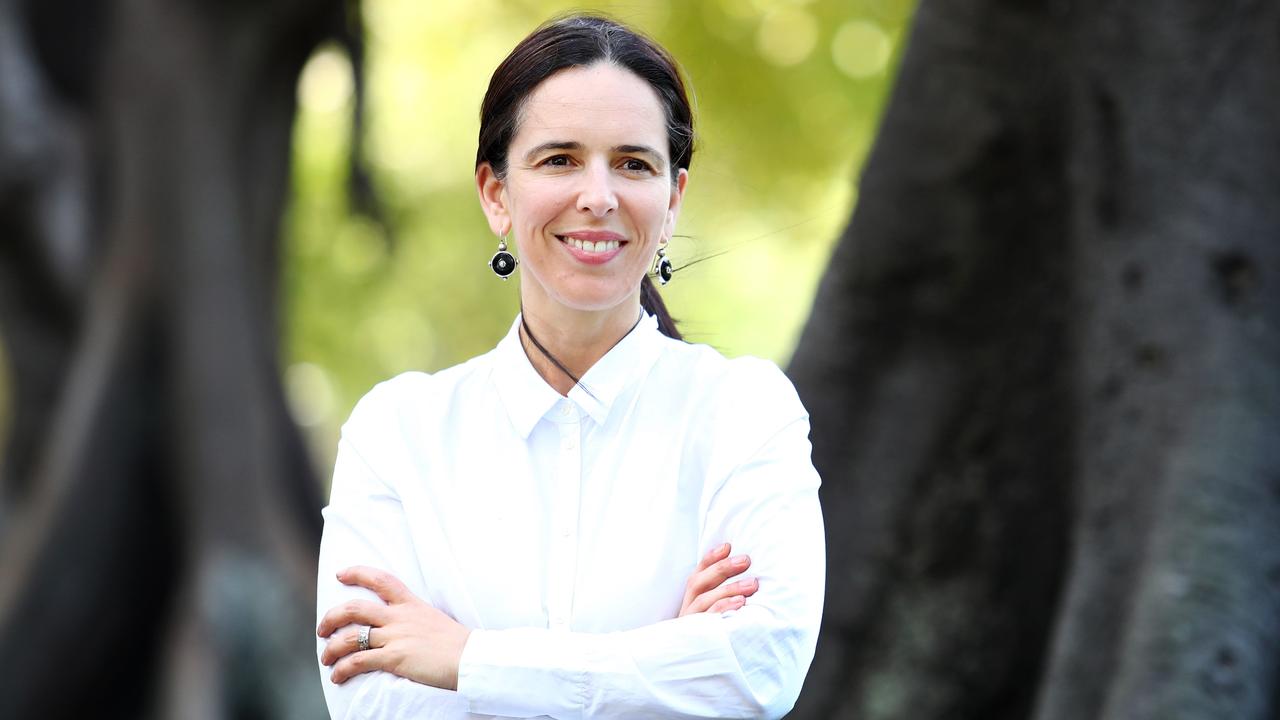NAB boss Ross McEwan derides too much negativity on Australian economy
Bank chief Ross McEwan tells The Australian Strategic Business Forum that there is too much pessimism on the economy’s prospects, and is faring well relative to other markets.

National Australia Bank chief executive Ross McEwan says there is too much pessimism on the economy’s prospects with the nation faring well relative to other markets, despite rampant inflation and rapid interest rate rises.
Mr McEwan told The Australian Strategic Business Forum that the nation’s mining, food and agricultural industries were among sectors performing well and while a slowdown in economic growth was expected, it shouldn’t be feared.
“We’re talking the economy down and yet we are seeing some parts of the economy really doing very well,” he said. “We’re predicting next year still GDP growth probably around that 1.8 per cent … say it’s less than 1.8 per cent and it’s positive, within an environment globally that is having some difficulties, we’re in pretty good shape.”
NAB is tipping the Australian economy will post growth of 3.5 per cent in 2022. Mr McEwan said relative to other markets globally that were tackling even higher rates of inflation, Australia should navigate the environment well.
“There are other economies, the likes of the UK, that has got very high inflation but most of it’s imported and they can do very little about it. So they are trying to push interest rates up to hold inflation which is creating a problem with the economy,” he added.
“We’ve got a growing economy and inflation at lower levels, there’s a lot to like about what’s going on here.”
With rates set to climb sharply this year, Reserve Bank governor Philip Lowe on Wednesday said he was focused on bringing inflation back to the 2-3 per cent target range, “while at the same time keeping the economy on an even keel”.
Financial markets global have been jittery in recent months about the possibility that aggressive rate hikes may tip some economies, including the US, into recession.
Asked whether she was seeing signs of a US recession, Incitec Pivot CEO Jeanne Johns said: “Right now we don’t.”
Ms Johns said the explosives firm was fielding massive levels of demand from customers in the US and Australia and was looking at how it could fulfil that.
On inflationary pressures, including soaring energy costs hitting the company, she said productivity gains were important to offset price rises.
“The way we try and manage inflation when we see it is actually working through our technology and trying to get that productivity. The only way to break wage inflation and prevent that from feeding through an inflation cycle is to get more productivity,” Ms Johns added.

Because of labour shortages, Incitec has even recruited outside its traditional areas including new trainees coming into the industry from the hospitality sector.
Business leaders are hopeful that the federal government’s jobs and skills summit in September, will help formulate a wide-ranging plan to alleviate a dire shortage of skilled and unskilled labour.
“You have to start the conversation,” Ms Johns said, noting the summit was also about filling jobs across the economy.
“It’s really about the supply and how do we supply that (jobs) demand.”
BHP’s finance boss David Lamont highlighted Australia was competing for workers in a global marketplace.
“The biggest issue for us is not so much the cost of labour but the shortage of labour … the two do go together and we’re really struggling to get people,” he said.
Mr McEwan said it was timely to be having the jobs summit conversation ahead of an October federal budget.
“We should have the conversation about what type of labour we bring into Australia because it’s not just skilled labour we’re struggling with it’s right across the board,” he added, noting shortages across areas including meat processing businesses, berry growers and restaurants.






